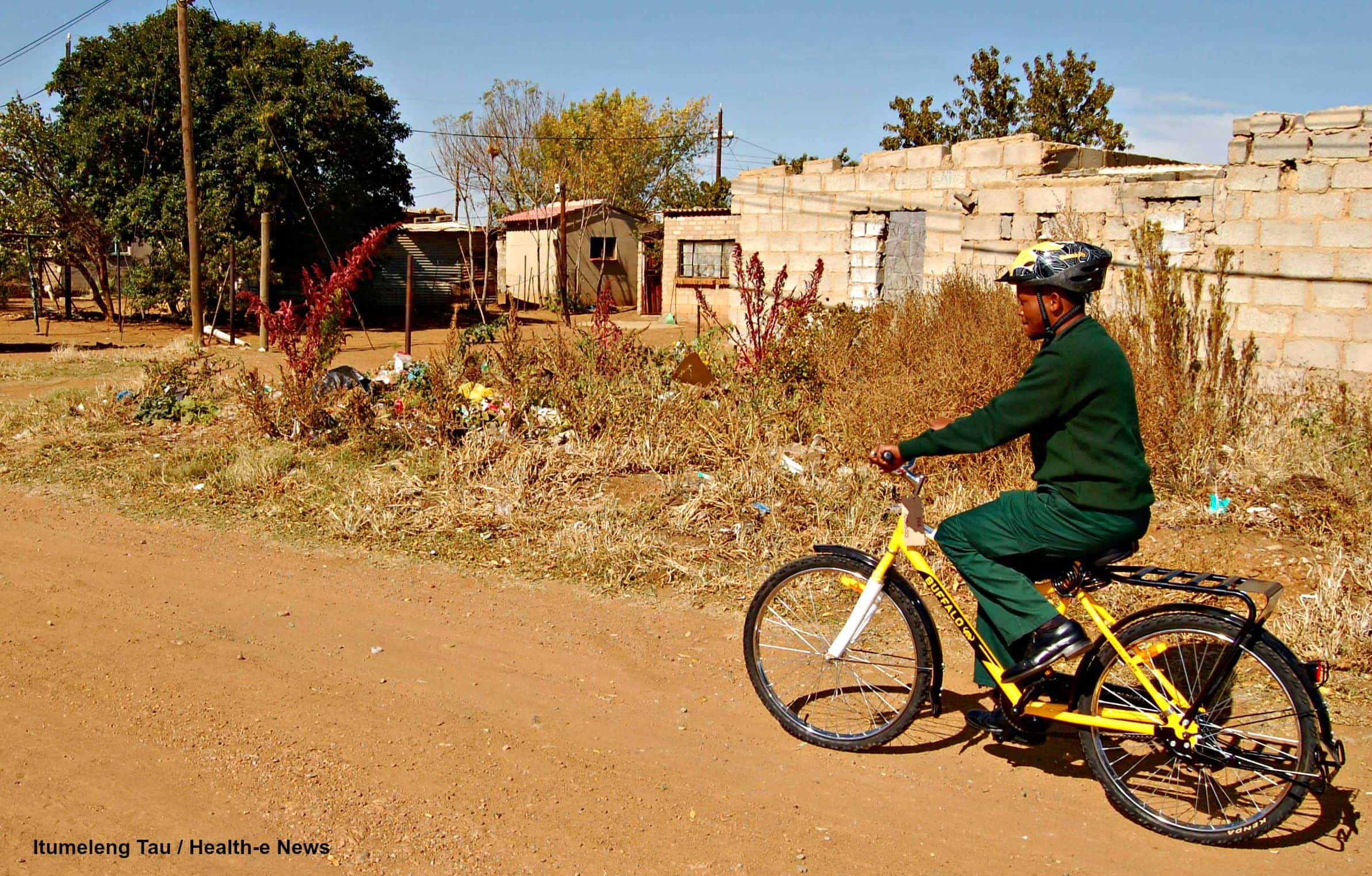Study offers new protection to teenagers.


“Research is showing us that young adolescents are at a higher risk of HIV infections and currently there are very few prevention strategies catering specifically for young people,” said Linda-Gail Bekker, Principal Investigator at the centre.
And so PlusPills, the first Southern African study to explore the use of pre-exposure prophylaxis (PrEP) among HIV negative young adolescents between the ages of 15 and 19 years old, was presented at the 21st Aids International Conference in Durban.
The study began in 2015 with a group 148 male and female adolescents who were all given the combination antiretroviral (ARV) Truvada.
Truvada combines the ARVs emtricitabine and tenofovir. Clinical trials have shown that, if taken daily, Truvada can reduce the risk of HIV infection by 90 percent in people who are at high risk of contracting HIV, such as sex workers or men who have sex with men.
The participants were required to take PrEP every day for the first 12 weeks of the study, and could stop taking the pills after three months. Unlike ARVs for HIV treatment, PrEP does not have to be taken for life. People can decide to go on and off the pills, depending on their exposure and risk.
“The South African government is moving in a progressive direction by first implementing PrEP for sex workers. We believe young adolescent should be prioritised as the next target group together with gay men,” added Bekker.
Katherine Gill, medical officer at the Desmond Tutu HIV Centre said most of the adolescents on the study presented with sexually transmitted diseases, and had admitted to sleeping with multiple partners over the period of a year.
“Now for the first time we have an alternative prevention to offer young people, rather than condoms,” said Gill.
The biggest worry for researchers was making sure the adolescents actually took their treatment regularly, as required. But only 15 percent of the participants left the study due to suffering side effects or because they kept forgetting to take the pills.
Currently the study is looking at rolling out PrEP to other parts of the country, doing this in consultation with the Department of Health.
Another study currently underway is looking at PrEP use among gay and bisexual male adolescents in cities across the United States.
“The infection rates are showing us that people are struggling to use condoms, and PrEP offers an alternative prevention measure, especially in situations where young people cannot negotiate for condom usage,” said Bekker.- HealtheNews
Author
Republish this article
This work is licensed under a Creative Commons Attribution-NoDerivatives 4.0 International License.
Unless otherwise noted, you can republish our articles for free under a Creative Commons license. Here’s what you need to know:
You have to credit Health-e News. In the byline, we prefer “Author Name, Publication.” At the top of the text of your story, include a line that reads: “This story was originally published by Health-e News.” You must link the word “Health-e News” to the original URL of the story.
You must include all of the links from our story, including our newsletter sign up link.
If you use canonical metadata, please use the Health-e News URL. For more information about canonical metadata, click here.
You can’t edit our material, except to reflect relative changes in time, location and editorial style. (For example, “yesterday” can be changed to “last week”)
You have no rights to sell, license, syndicate, or otherwise represent yourself as the authorized owner of our material to any third parties. This means that you cannot actively publish or submit our work for syndication to third party platforms or apps like Apple News or Google News. Health-e News understands that publishers cannot fully control when certain third parties automatically summarise or crawl content from publishers’ own sites.
You can’t republish our material wholesale, or automatically; you need to select stories to be republished individually.
If you share republished stories on social media, we’d appreciate being tagged in your posts. You can find us on Twitter @HealthENews, Instagram @healthenews, and Facebook Health-e News Service.
You can grab HTML code for our stories easily. Click on the Creative Commons logo on our stories. You’ll find it with the other share buttons.
If you have any other questions, contact info@health-e.org.za.
Study offers new protection to teenagers.
by sibongilenkosi, Health-e News
July 20, 2016



